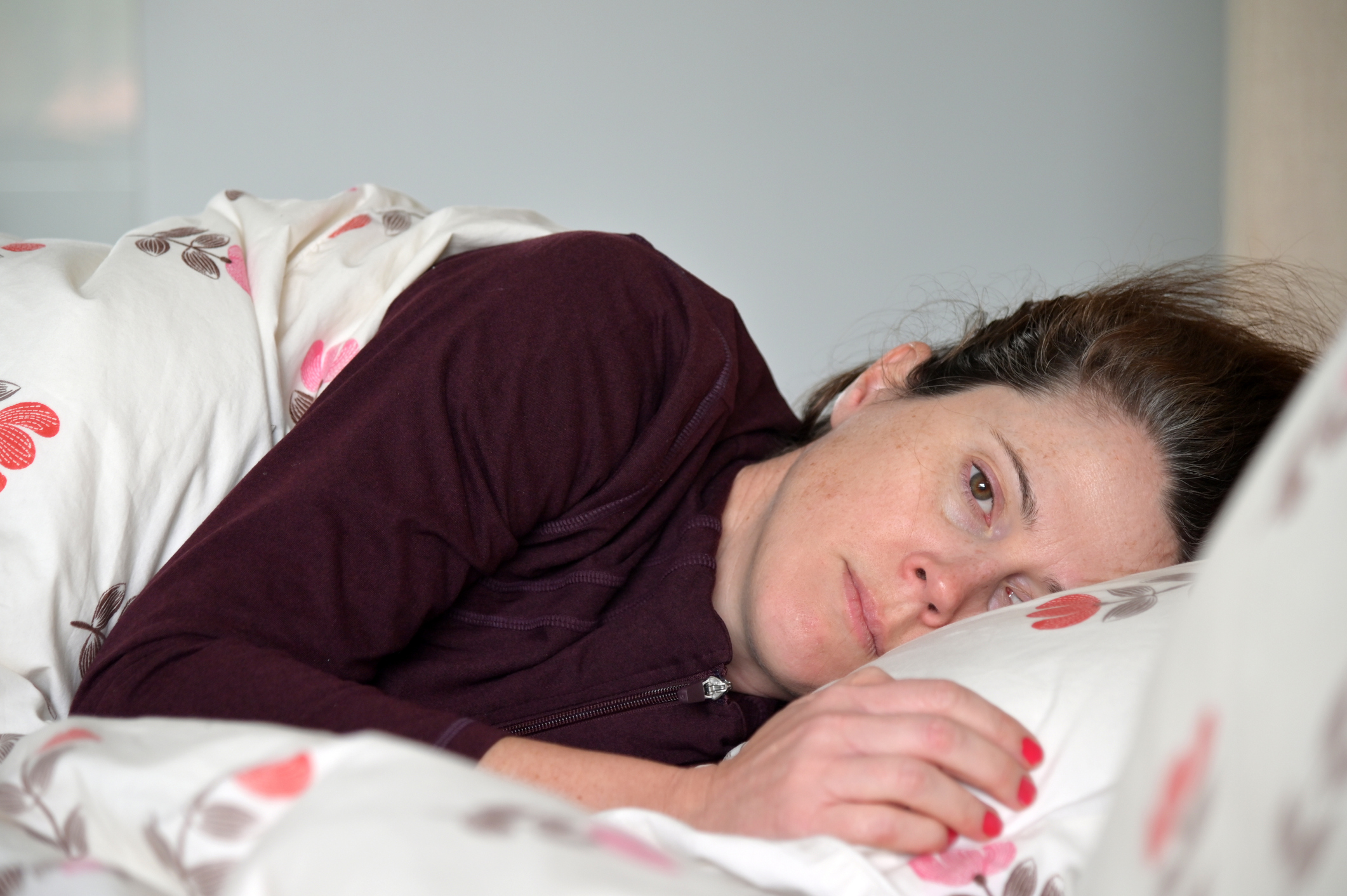

“I take my sleep incredibly seriously,” says leading sleep expert Matthew Walker.
I wrote about Dr. Walker here a few years back. He’s the director of the Center for Human Sleep Science at the University of California, Berkeley.
Dr. Walker said that we are in the midst of a “catastrophic sleep-loss epidemic,” and it’s costing people their lives by putting them at high risk for diabetes, dementia, hypertension, depression, heart attack, stroke and respiratory disease.
Today, the evidence of that epidemic, and that sleep is crucial to health and life, continues to pour in.
Most recently, a large-scale study has turned up a distinct link between poor sleep and hypertension… particularly in women.
Poor sleep is highly associated with hypertension
Researchers from Brigham and Women’s Hospital followed 66,122 participants between 25 and 42 years of age in the Nurses’ Health Study II (NHS2) cohort for sixteen years (from 2001 until 2017).
In 2001, they first measured how long these women slept. Then they measured it again in 2009, recording the average number of hours slept over a 24-hour period.
None of the women had hypertension at the start of the study.
Upon analyzing the data, it became clear that women with sleeping difficulties also had higher BMIs, lower physical activity and poorer diets. They were more likely to smoke as well.
In a follow-up to the study, 25,987 cases of hypertension were documented, and it was shown that women who slept less than seven to eight hours a night had a significantly higher risk of developing hypertension.
This was also true for women who had trouble falling asleep and staying asleep.
Women who sleep poorly should be screened for hypertension
Dr. Shahab Haghayegh, a research fellow at the Brigham and Harvard Medical School, sums up the significance of these findings well:
“These findings suggest that individuals who struggle with symptoms of insomnia may be at risk of hypertension and could benefit from preemptive screening.”
In other words, women who consistently sleep fewer than seven hours a night and who have trouble falling or staying asleep ought to be screened for hypertension, even if they show no symptoms of hypertension per se.
Dr. Haghayegh goes on to say that “hypertension is associated with many other physical and mental health complications. The sooner we can identify individuals with high blood pressure and treat them for it, the better we can mitigate future health issues.”
While it hasn’t been proven that lack of sleep causes hypertension, Dr. Haghayegh further notes that sleep difficulties can lead to a chain of events that can increase sodium retention, arterial stiffness, and cardiac output, potentially leading to hypertension.
Sleep away your blood pressure risks
If you’re a woman who struggles with sleep, it seems like trying to get a better night’s sleep would be a wise health move.
Not only could it save you from hypertension, but it could also help control your blood sugar and even keep Alzheimer’s away.
But that’s easier said than done…
Over the years I’ve read up on quite a few tips. The one that’s worked best for me when I have a bout of sleep trouble is a warm bath as part of my bedtime routine.
Water-based passive heating has a lot of science behind how it improves sleep — but it also helps burn calories and improves blood sugar levels which could have a positive impact on BMI.
Of course,e one of these 7 best diets for lowering blood pressure and putting the power of blueberries to work would be smart moves too.
Sources:
Sleep Struggles Link to Elevated Risk of Hypertension Neuroscience News
Sleeping Difficulties, Sleep Duration, and Risk of Hypertension in Women Hypertension
‘Catastrophic’ lack of sleep in modern society is killing us, warns leading sleep scientist Independent

